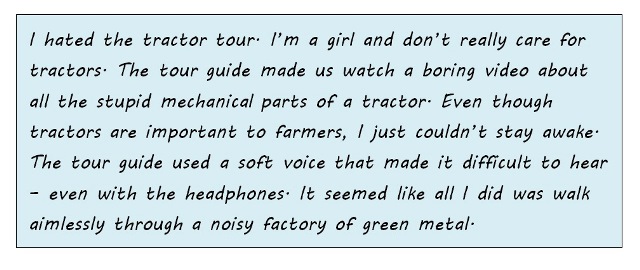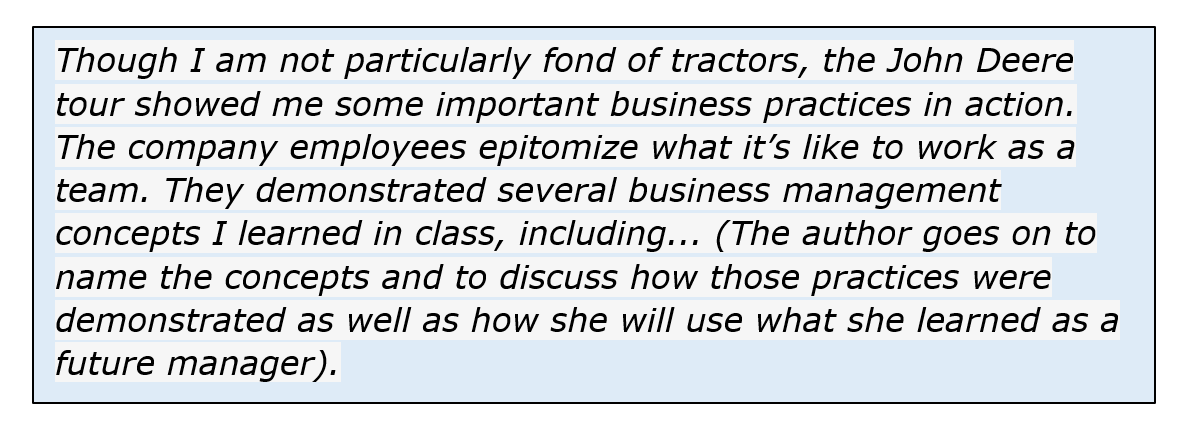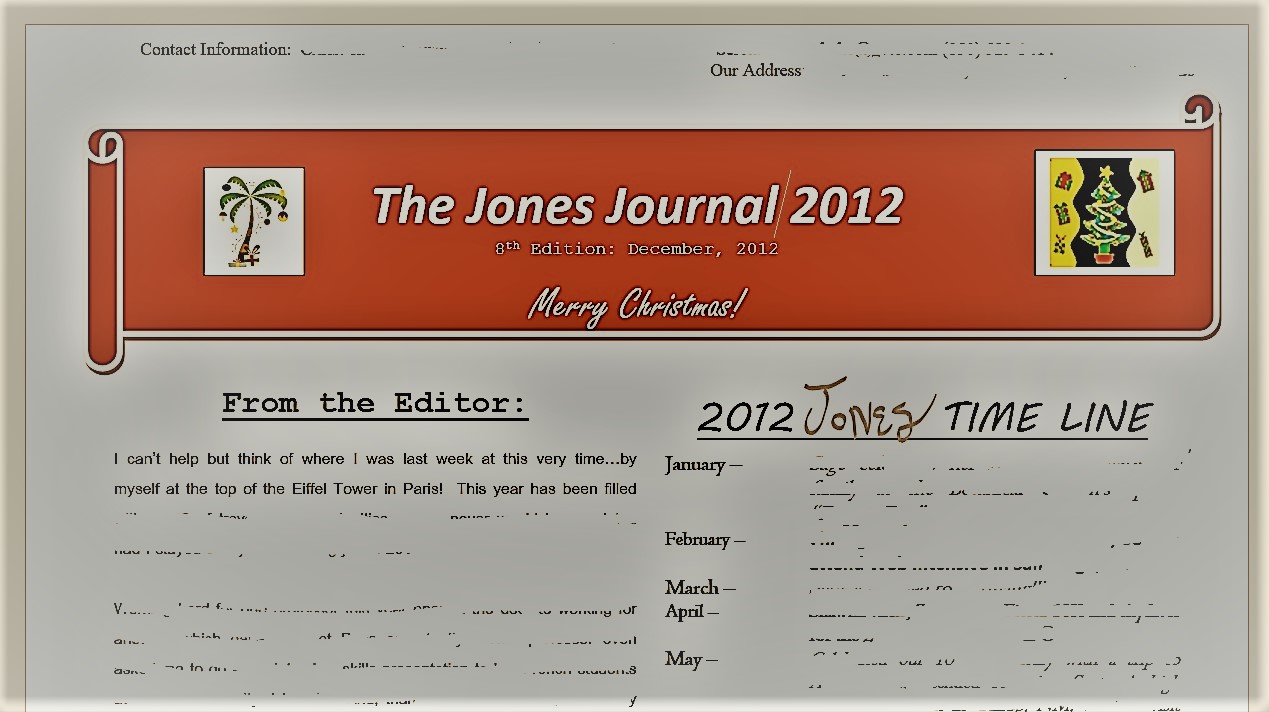Prevent Writer's Block

Writer's block affects even the best and most notable writers. They too stare blankly at their paper or computer screen from time to time.
It's a challenge for every writer, author, student ... essentially every person.
The best thing to do is be proactive and keep moving forward.
Sometimes you may still have writer's block, even after an instructor, boss, or client suggests writing topics.
May be you hate the subject or activity you're assigned to write about.
Or, the topic makes you feel uncomfortable.
I once had a class about all the terrible things that happen in the world and the organizations that help people living in those terrible situations.
It was depressing--and even more so when I had to write about a self-selected terrible problem and didn't know what to say!
It's okay to not know what to write about. It's okay to hate the subject. It's okay to feel uncomfortable about the whole thing.
Good authors prevent writers block.
They read daily--and read a variety of different mediums and genres. Books, academic articles, newspapers, magazines, websites, junk mail or anything else they come across. They read it all! That's one way to prevent writer's block. Read, read, read!
Another activity some authors do is devote entire rooms to display previously published books or other inspirational items that serve as reminders for times when they don't know what to write about. It shows them that they’ve written well before and can do it once again.
Create a similar space in your home or office. Look through your old files for past assignments you did well, at articles or books you wrote or helped write, and other writings you're proud of. Then get back in the saddle, sit at your computer, or grab your pen and paper and get writing in a place you find inspiring and comfortable!
Being uncomfortable means you're learning. And being uncomfortable during a course or learning experience is necessary.
Personal growth cannot take place unless you get out of your element and experience something you don’t care to. Something that scares you. Something you think is boring. Something you detest. Something new.
When this happens, one of the best writing tips I can offer you is to focus on what you learn or learned from the discomfort.
Think about what you are learning when you're uncomfortable.
Dive deeper into your complaints, worries, sadness, anger, dislike, or pure hatred.
It’s not about what something should be or wasn’t, but why it was, how that affected you, and what you can use from that experience in relation to the writing assignment.
And, for you as a person, how can this assignment or topic help you learn something that will aid you in achieving your goals. Ultimately, assist you in your future endeavors.
You may not know how this writing activity will help you in the future, but it might.
The best suggestion I can give you for those times when you hate the topic or don't know what to write about is to find something you do like about it--even if it's a small something and presumably unrelated to the topic itself.
When you hate the subject, think about something that you do like about it. No matter how little that something is.
For example, if you have to write about what you learned from a tour you disliked, focus on what you learned from that which you didn’t like.
Look at the examples below. The first is just a complaint. (It's okay to do this first ... write your complaint to get it off your chest.)
But the second example shows how to take the subject you don't want to write about and turn it into something that communicates what you learned instead of complaining.
Example One: The Complaint

The author hated the tour. However, the example above only shows you why the topic wasn’t appealing to the author. Even though she didn’t like the topic, she can find something about it that she did like or learn.
Example 2: What Was Learned

The author still disliked the tour. It wasn't something she would want to do again. However, she found something meaningful within that experience.
You won't like everything in life. And, you won't like every writing assignment your teacher, boss, or client gives you either.
There will always be things in life that you must do but that you dislike. They may or may not be involved with writer's block.
For example, I don't like taking out the trash. The trash bin has always been outside or in a dark corner of the garage. I'm always afraid some big, scary bug is going to jump out and get me!
However, if I
don’t take out the trash my house smells. What I dislike more than taking out the trash is a smelly
house.

So, smell trumps my disdain for trash duty.
You may hate writing essays. You may just hate the topic you were assigned to write about.
But, think of something that will give you the push you need to “take the trash out," to overcome that writer's block--even if it’s just the fact that you want a passing grade or the money you'll receive for finishing a client project.
Train your brain to think of some reason to write and finish that writing assignment. Your writer's block will shrivel. You'll finish quicker. And...you never know what really cool thing will come from doing so.
(As a side note, that class assignment where I had to research and write about a terrible world problem ... turned into a published article!)
Advertisement:
Advertisement:







